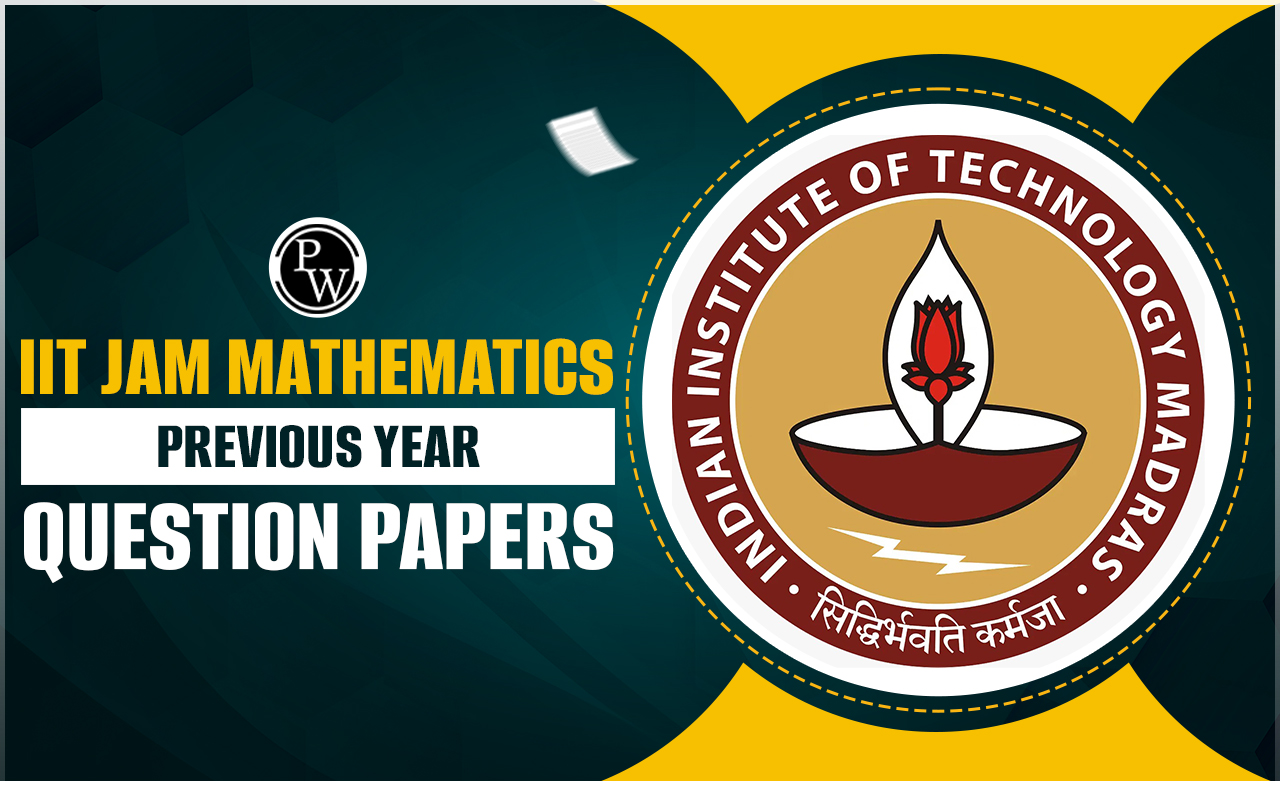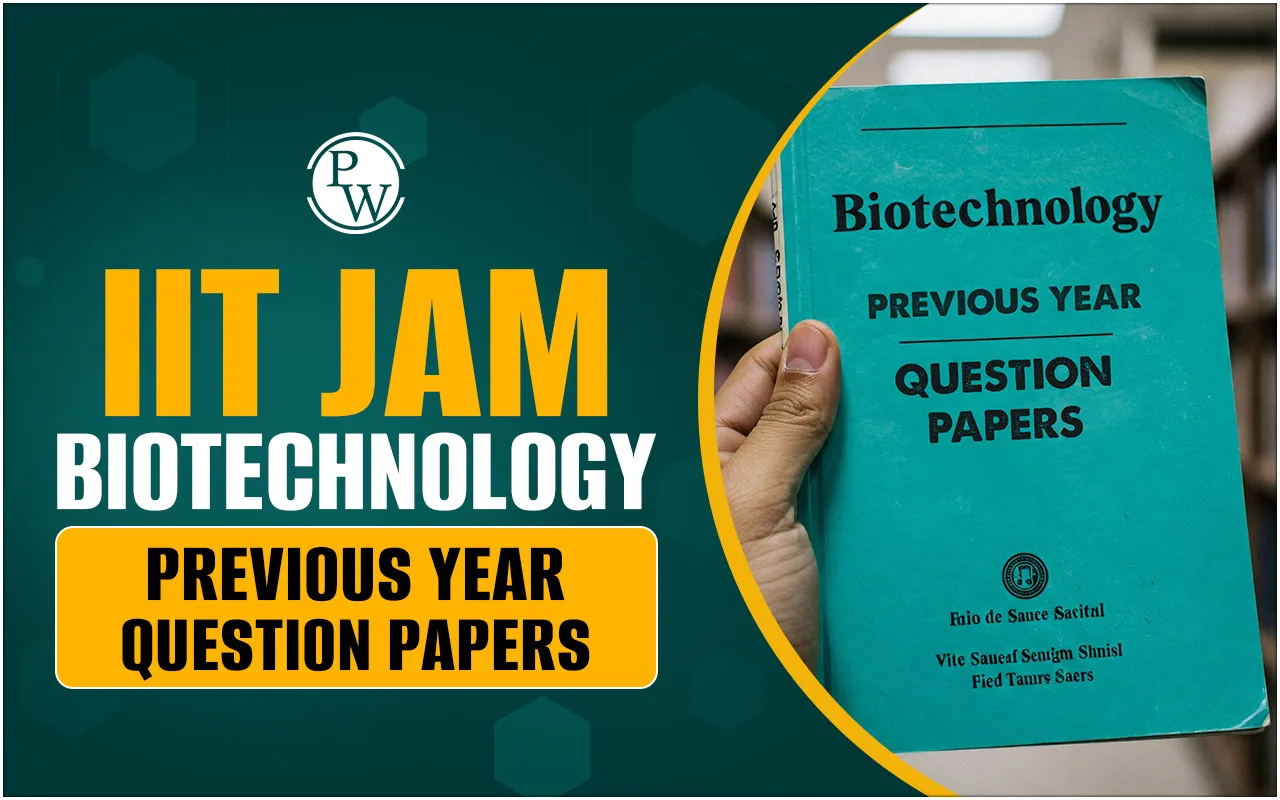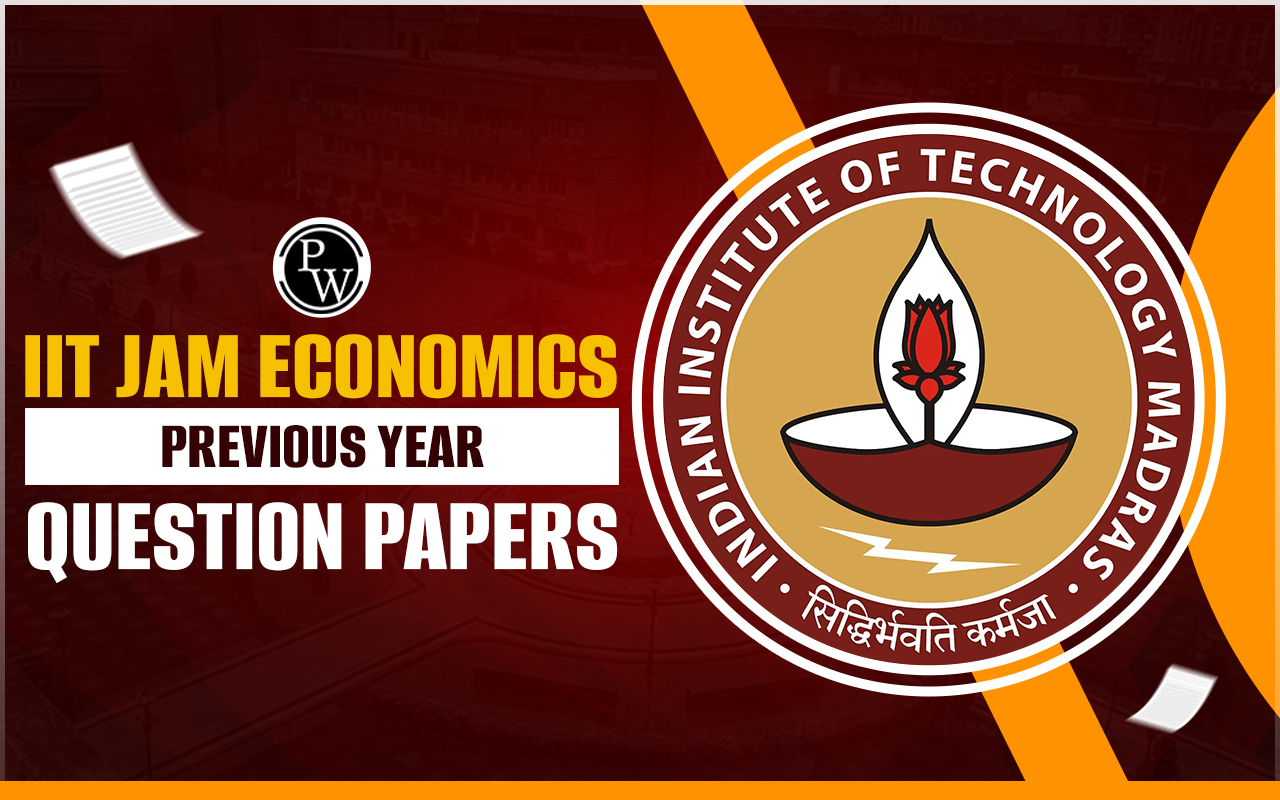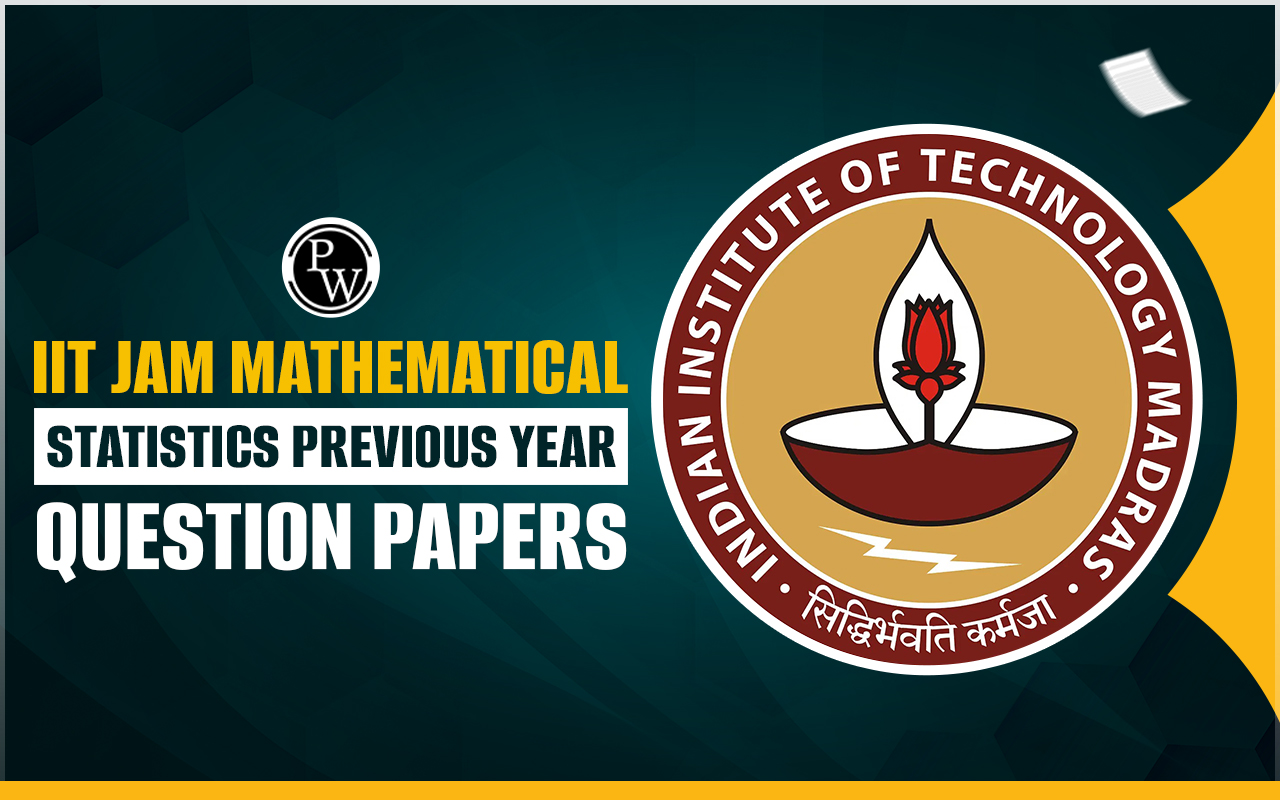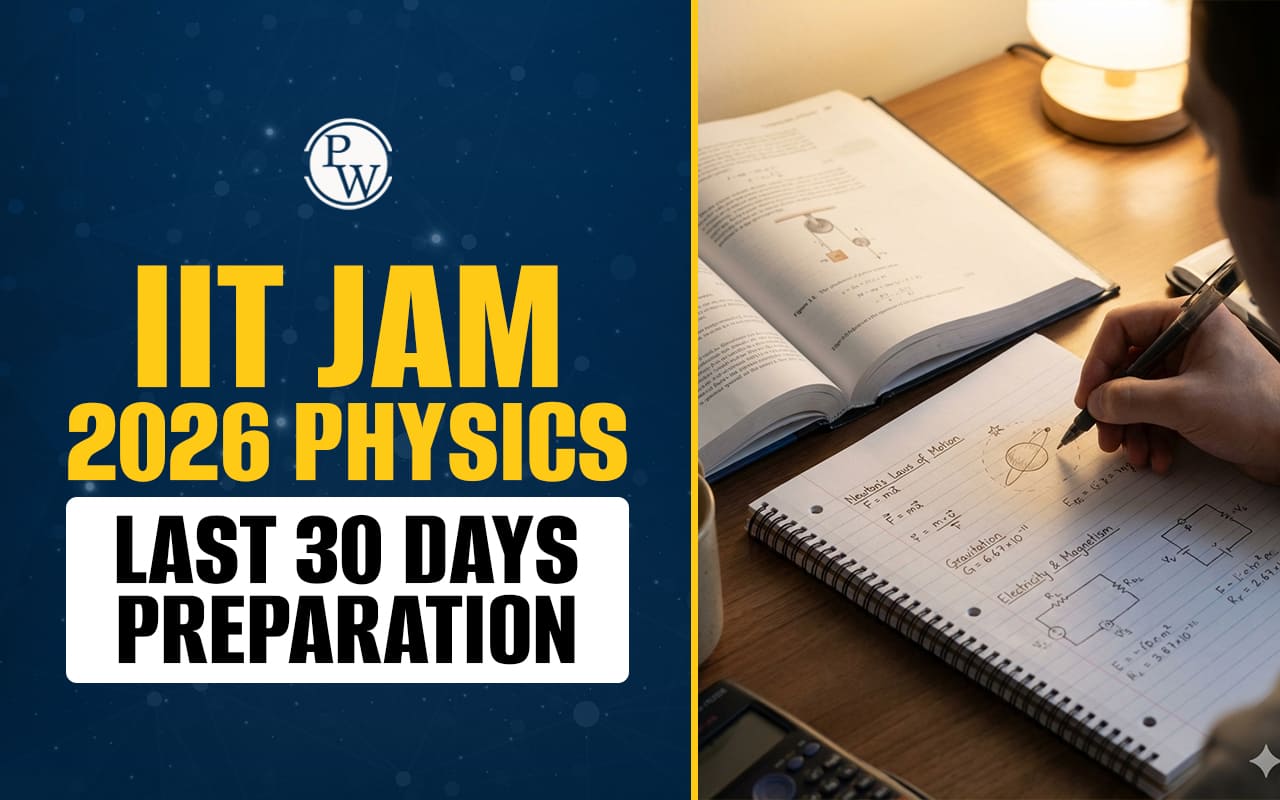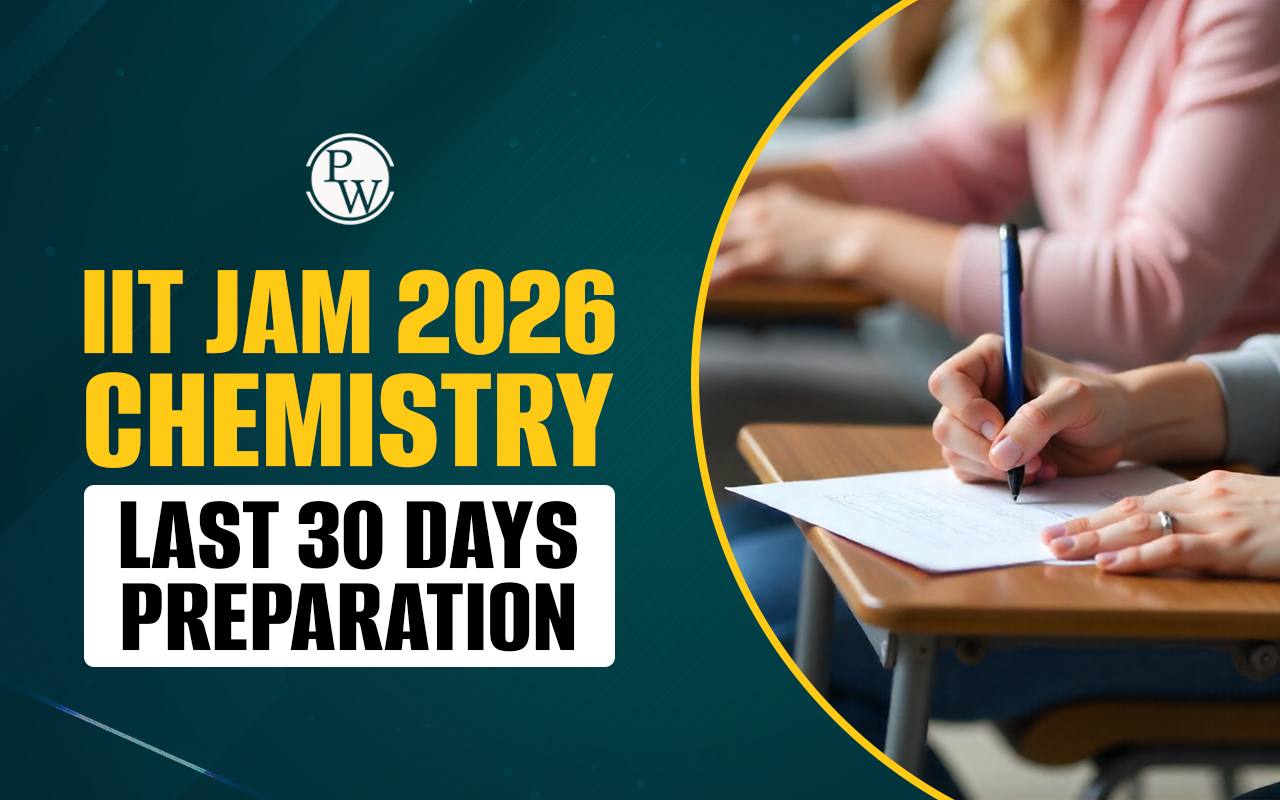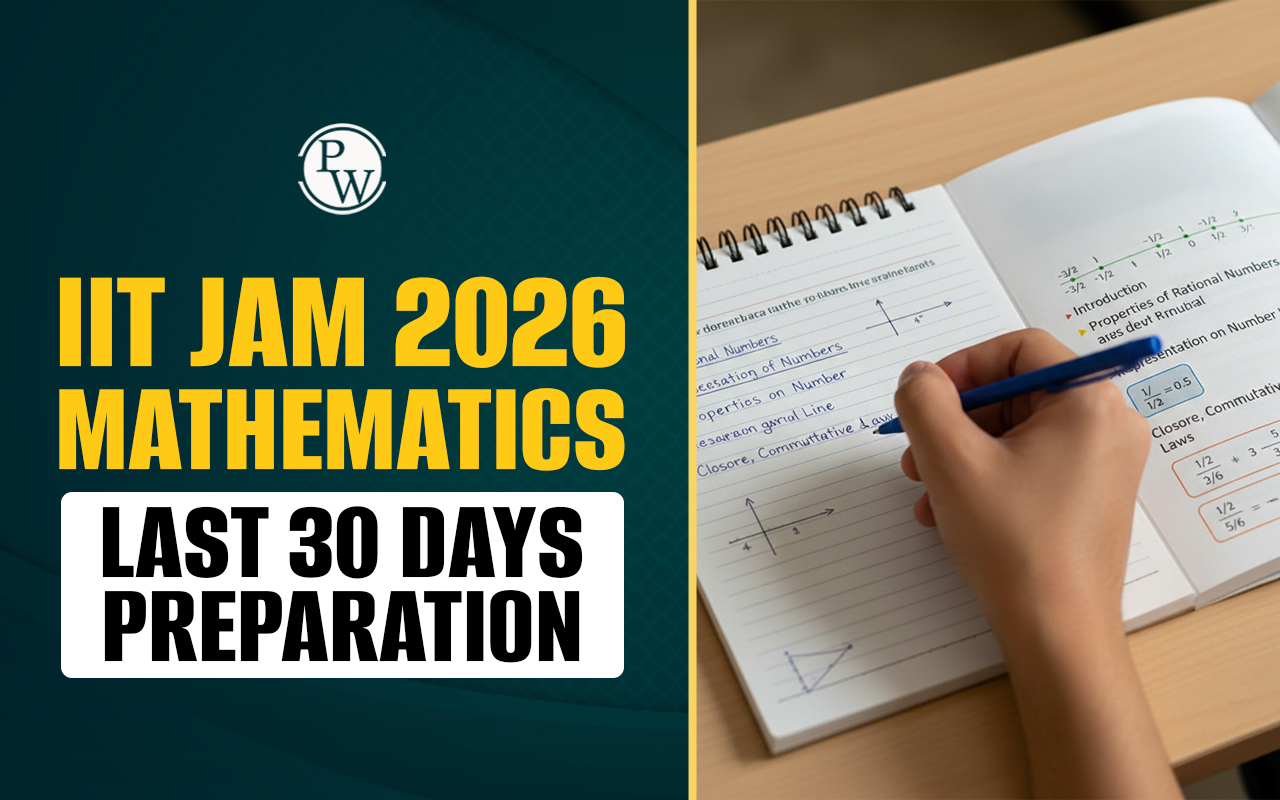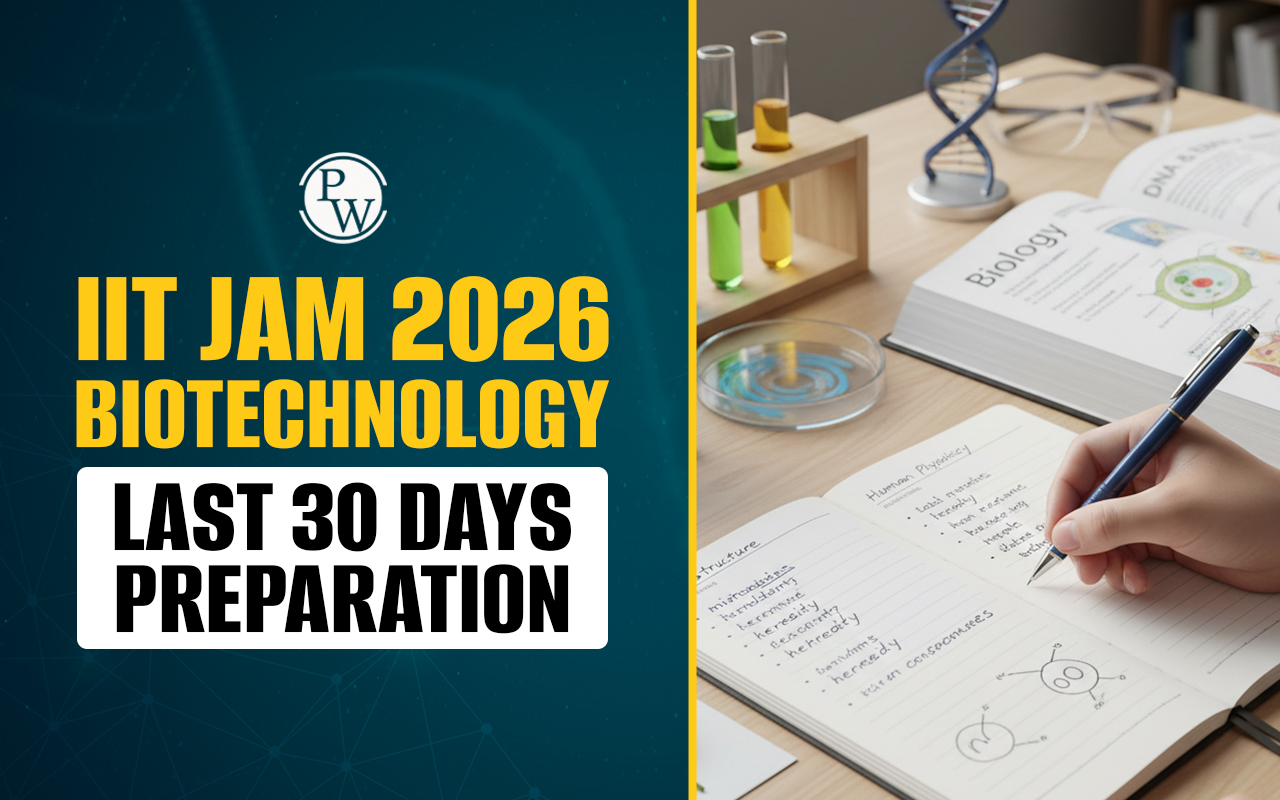
GAT B Syllabus 2025: GAT B Syllabus 2025 covers topics from both 10+2 and graduate levels. The exam has two sections: Section A includes Physics, Chemistry, Mathematics, and Biology (10+2 level), while Section B covers Life Sciences, Biotechnology, and related subjects (Graduate level). Important topics include biomolecules, microbiology, genetics, cell biology, immunology, bioinformatics, genetic engineering, and bioprocessing.
Candidates should focus on key concepts and practice multiple-choice questions. The exam will be conducted in computer-based mode on 20th April 2025. Understanding the syllabus helps in better preparation. Candidates can download the GAT B Syllabus 2025 PDF from here.
GAT B Syllabus 2025 Overview
GAT B Syllabus 2025 is essential for candidates preparing for the exam, as it covers topics from both 10+2 and graduate levels. The GAT B 2025 exam is scheduled to be conducted on 20th April 2025. Check the table below for an overview of the GAT B Syllabus 2025.
|
GAT B Syllabus 2025 Overview |
|
|
Category |
Details |
|
Exam Name |
Graduate Aptitude Test-Biotechnology (GAT-B) 2025 |
|
Conducting Body |
Department of Biotechnology (DBT), Govt. of India |
|
Category |
GAT B Syllabus 2025 |
|
Sections |
Section A (10+2 Level) & Section B (Graduate Level) |
|
Subjects Covered |
Physics, Chemistry, Mathematics, Biology, Life Sciences, Biotechnology, and Allied Areas |
|
Total Questions |
160 |
|
Questions to Attempt |
120 |
|
Total Marks |
240 |
|
Marking Scheme |
Section A: 1 mark per question; Section B: 3 marks per question |
|
Negative Marking |
Yes (0.25 mark deduction in Section A, 1 mark deduction in Section B) |
|
Exam Mode |
Computer-Based Test (CBT) |
|
Official website |
rcb.res.in/DBTPG, exams.nta.ac.in/DBT |
GAT B Syllabus 2025 PDF
GAT B Syllabus 2025 PDF is available on the official website. Candidates preparing for the GAT B exam can download the syllabus to understand the important topics for both Section A and Section B. The syllabus covers subjects like Physics, Chemistry, Mathematics, Biology, Life Sciences, and Biotechnology. Having the PDF will help in better exam preparation and time management. Candidates can download the GAT B Syllabus 2025 PDF from the link below.
GAT B Syllabus 2025 Section Wise
The GAT-B 2025 syllabus is divided into two sections. Section A covers basic science subjects at the 10+2 level, while Section B includes advanced topics in Biotechnology and Life Sciences. Check these given below table for GAT B Syllabus 2025 Section Wise:
GAT B Syllabus 2025 for Section A
GAT B Syllabus 2025 for Section A covers fundamental subjects from the 10+2 level, including Biology, Chemistry, Mathematics, and Physics. Candidates should strengthen their basics in these subjects for better performance. Check the detailed syllabus in the table below.
|
GAT B Syllabus 2025 for Section A |
|
|
Subjects |
Topics |
|
Biology (10+2 level) |
|
|
Chemistry (10+2 level) |
|
|
Mathematics (10+2 level) |
|
|
Physics (10+2 level) |
|
GAT B Syllabus 2025 for Section B
GAT B Syllabus 2025 for Section B covers advanced topics related to Biotechnology and Life Sciences. Candidates should focus on key subjects like Genetics, Immunology, Bioinformatics, and Bioprocess Engineering. Check the detailed syllabus in the table below.
|
GAT B Syllabus 2025 for Section B |
|
|
Sections |
Topics Covered |
|
Biomolecules |
Structure and functions, Biological membranes, Enzymes, Metabolism, Bioenergetics. |
|
Microbiology |
Viruses, Microbial classification, Growth and nutrition, Respiration, Nitrogen fixation, Microbial diseases. |
|
Cell Biology |
Prokaryotic and eukaryotic cell structure, Cell cycle, Cell signaling, Signal transduction. |
|
Genetics and Molecular Biology |
Gene structure, Mutations, DNA replication, Transcription, Translation, Mendelian inheritance, Gene interactions, DNA damage and repair, RNA interference. |
|
Instrumentation & Techniques |
Microscopy (Light, Electron, Fluorescent, Confocal), Centrifugation, Spectroscopy (UV, IR, NMR, Mass), Chromatography (HPLC, FPLC), Electrophoresis, Microarray. |
|
Immunology |
Innate and adaptive immunity, Antigen-antibody interactions, MHC, T and B cells, Immune response regulation, Hypersensitivity, Autoimmunity. |
|
Bioinformatics |
Sequence databases, Sequence alignment, Phylogenetics, Data mining, Molecular dynamics, Protein-ligand interactions. |
|
Genetic Engineering & Molecular Biology Techniques |
DNA sequencing, PCR, Blotting techniques, Gene cloning, Recombinant DNA technology, Gene therapy. |
|
Plant Biotechnology |
Plant tissue culture, Secondary metabolite production, Transgenic plants, Industrial plant products. |
|
Animal Biotechnology |
Animal cell culture, Stem cell technology, Hybridoma technology, Animal cloning, Transgenic animals. |
|
Bioprocess & Biochemical Engineering |
Fermentation technology, Reactor design, Enzyme reactors, Bioremediation, Bioprocess optimization, Industrial applications. |
|
Agricultural & Environmental Biotechnology |
Micropropagation, Protoplast fusion, Synthetic seeds, Cryopreservation, Genetic engineering in agriculture, Nanotechnology, DNA fingerprinting. |
GAT B Exam Pattern 2025
The GAT-B 2025 exam is designed to test candidates' knowledge in Biotechnology and related subjects. It has two sections: Section A covers basic science subjects at the 10+2 level, while Section B includes graduate-level topics in Biotechnology and Life Sciences. The detailed exam pattern is given below:
|
GAT B Exam Pattern 2025 |
||||
|
Section |
Subjects Covered |
No. of Questions |
No. of Questions to be Attempted |
Marks Allotted |
|
Section A |
Physics, Chemistry, Mathematics, and Biology (10+2 level) |
60 |
60 |
1 × 60 = 60 |
|
Section B |
Basic Biology, Life Sciences, Biotechnology, and Allied Areas (Graduate level) |
100 |
60 |
3 × 60 = 180 |
|
Total |
- |
160 |
120 |
240 |
Preparation Tips to Cover GAT B Syllabus 2025
Preparing for the GAT B 2025 exam requires a smart study plan. Follow these tips to cover the syllabus effectively:
-
Know the Syllabus: Start by understanding the section-wise syllabus to focus on important topics.
-
Make a Study Plan: Divide your time for Section A (10+2 level) and Section B (Graduate level) subjects.
-
Use NCERT Books: For basics, refer to NCERT books of Physics, Chemistry, Mathematics, and Biology.
-
Refer to Standard Books: Use books on Biotechnology, Genetics, Microbiology, and other topics for Section B.
-
Practice MCQs: Solve previous year papers and mock tests to improve accuracy.
-
Revise Regularly: Make short notes and revise important concepts frequently.
-
Time Management: Practice solving questions within the given time to improve speed.
GAT B Syllabus 2025 FAQs
Who is eligible for GAT B 2025?
What is the syllabus of GAT B Biotechnology 2025?
Is GAT B difficult?
Does GAT B have negative marking?


